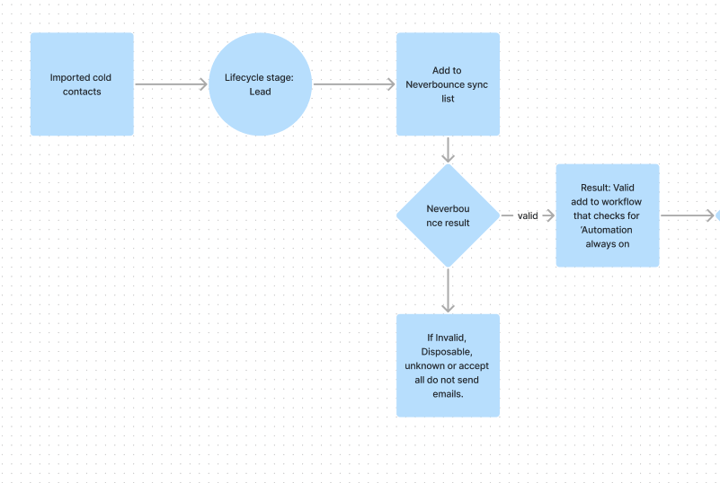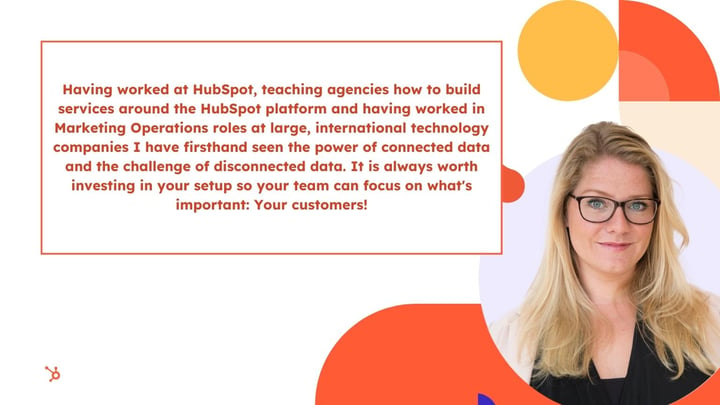Understanding the New Email Authentication Requirements for Senders
I can't count how often I've sat in the audience at a Marketing conference or talk to hear a speaker start with 'Email isn't dead!'. And even though that trope is getting a bit old, technically they are right. Your email database should be a big priority for your Marketing and Sales team. You're not beholden to any algorithm changes or censorship in the way you are on social media platforms.
However, due to the widespread occurrence of email scams and phishing attacks, it has become crucial to prioritize building trust and ensuring the authenticity of email senders. This blog post aims to provide valuable insights into the email authentication requirements for senders, emphasizing the significance of implementing these measures to safeguard users from malicious activities.
Why Email Authentication Matters
Email authentication is the process of verifying the legitimacy of an email message and confirming that it was indeed sent from the claimed source. It plays a vital role in preventing email forgery, phishing attempts, and spam. Without proper authentication, it becomes increasingly difficult for recipients to differentiate between legitimate emails and fraudulent ones.
Key Authentication Protocols
- SPF (Sender Policy Framework): SPF allows domain owners to specify which IP addresses are authorized to send emails on their behalf. By publishing SPF records in their DNS settings, organizations can prevent spammers from impersonating their domain.
- DKIM (DomainKeys Identified Mail): DKIM uses cryptographic signatures to verify the authenticity of an email message. By affixing a digital signature to outgoing emails, the recipient's email server can validate the sender's domain and check if the email has been tampered with.
- DMARC (Domain-based Message Authentication, Reporting, and Conformance): DMARC builds upon SPF and DKIM to provide a comprehensive email authentication solution. It allows domain owners to specify policies for handling emails that fail authentication checks, reducing the risk of email fraud.
Implementing Email Authentication
- Understand Your Domain's Email Infrastructure: Before implementing email authentication, it is crucial to have a clear understanding of your organization's email infrastructure.
- Publish SPF Records: SPF records should be published in your DNS settings to specify which IP addresses are authorized to send emails on behalf of your domain.
- Enable DKIM Signing: Implement DKIM signing by generating public and private keys, and configuring your email server or email service provider to sign outgoing emails with the private key.

Benefits of Email Authentication
By adhering to email authentication requirements, senders can significantly enhance their overall email marketing strategy. Implementing these protocols not only helps establish trust and credibility with recipients but also ensures the security of their brand and maintains customer confidence.
Establishing trust and credibility with recipients is crucial in today's digital landscape. With the prevalence of email scams and phishing attacks, recipients are becoming increasingly cautious about the emails they receive. By implementing email authentication protocols such as SPF, DKIM, and DMARC, senders can demonstrate their commitment to protecting their recipients from fraudulent activities. This, in turn, helps build trust and credibility with recipients, making them more likely to engage with and respond to the sender's emails.
Furthermore, email authentication helps prevent the exploitation of sender domains by spammers. By publishing SPF records and implementing DKIM signing, senders can ensure that only authorized IP addresses and domains are allowed to send emails on their behalf. This significantly reduces the risk of spammers impersonating the sender's domain, protecting both the sender's reputation and the recipient's inbox from unwanted spam.
Improving email deliverability is another key benefit of email authentication. When email authentication protocols are in place, email service providers are more likely to trust the sender's emails and deliver them directly to the recipient's inboxes. This reduces the chances of the sender's emails being flagged as spam or ending up in the recipients' junk folders. As a result, the sender's messages have a higher chance of being seen and engaged with by the intended audience.
Finally, email authentication helps protect the sender's brand reputation. By ensuring the authenticity of their communications, senders can prevent their brand from being associated with fraudulent or malicious activities. This not only maintains customer confidence but also safeguards the sender's reputation in the eyes of their audience. Customers are more likely to continue engaging with a brand that takes proactive measures to protect their online communications, ultimately leading to long-term brand loyalty and customer satisfaction.
In conclusion, adhering to email authentication requirements is crucial for senders to establish trust and credibility with recipients, prevent domain exploitation by spammers, improve email deliverability, and protect their brand reputation. By implementing protocols such as SPF, DKIM, and DMARC, senders can ensure the security of their email communications and create a secure and trustworthy digital environment for their audience.
Email authentication requirements for senders are crucial in combating email fraud and maintaining a secure digital environment. By implementing protocols like SPF, DKIM, and DMARC, organizations can protect their domains, build trust with recipients, and ensure the authenticity of their communications. Stay ahead of cyber threats and make email authentication a top priority to safeguard your online communications.




